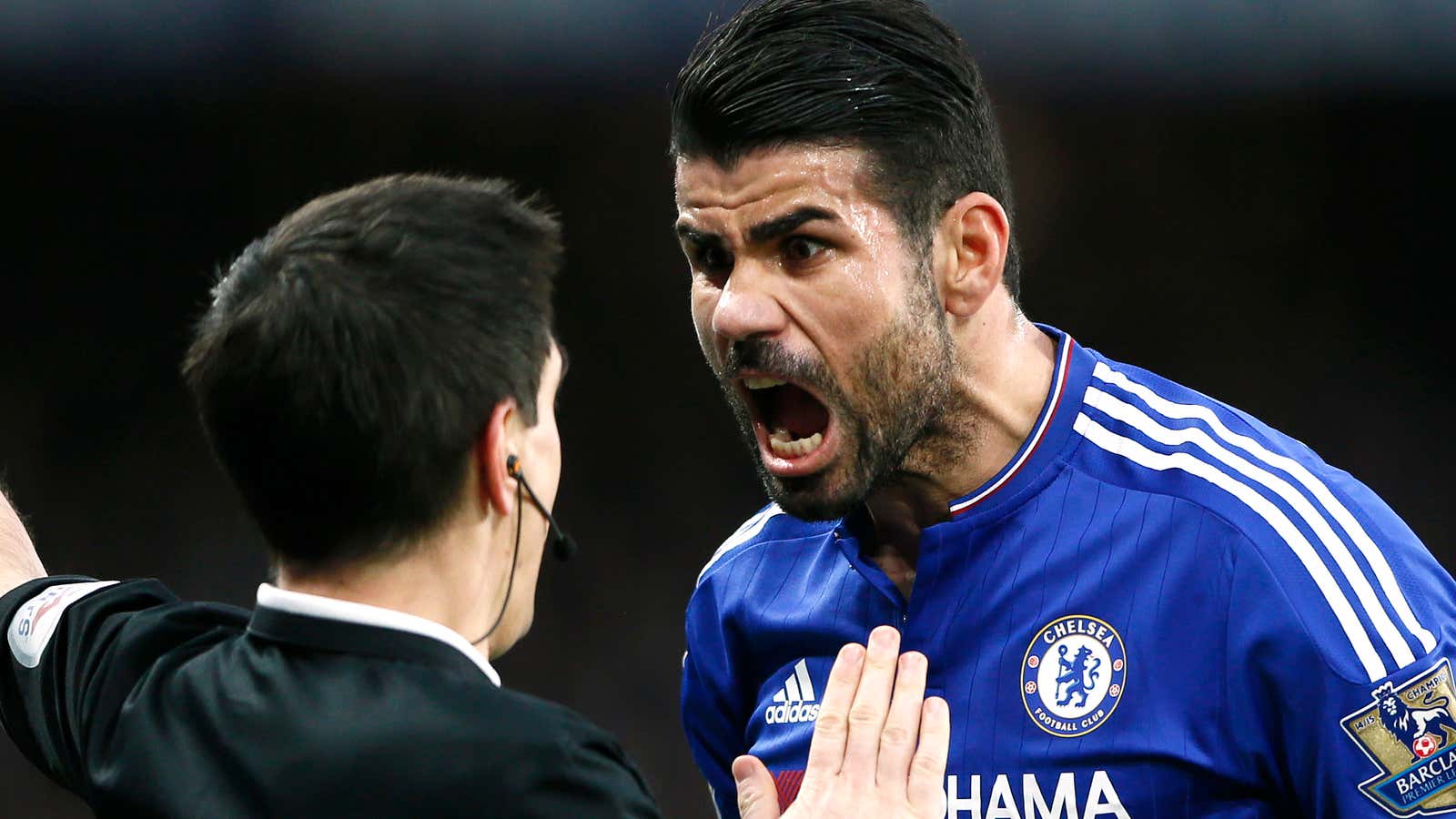My wife swears in front of our 12-year-old son. I swear occasionally, too, when I stub my toe or can’t find the cordless phone. This is involuntary swearing, a habit which always makes me feel a twinge of guilt afterwards. Not my wife though. She swears deliberately, outraging my sensibilities and causing my son to dissolve into delighted giggles. In fact, when I asked my son if there was one example of her foul-mouthed expletives which particularly stuck out, he cheerfully shook his head. ”It happens so often that I can’t remember a particular instance!” he told me, adding, “She does sometimes quote John Oliver. ‘Are you fucking kidding me?!'”
So yes, my son said “fucking” right there in front of me. It’s true he was quoting my wife quoting John Oliver, but still! I’m a dad and righteous indignation is what you’re supposed to do when your pre-teen son swears right in front of you, right? “Oh come on,” he replied, unimpressed. “Do you care?”
Michael Adams, author of In Praise of Profanity (Oxford University Press), argues that I shouldn’t care. Further, Adams suggests that maybe I should be pleased my son derives such enjoyment from hearing my wife swear like a sailor and/or like John Oliver.
Profanity, he argues, has many useful social functions including “bring[ing] us together.” There’s an intimacy to cursing, precisely because you know that you’re not supposed to do it. My son understands that by swearing in front of him, his mom is reaffirming her trust in him; this is something that can be shared between the two of them, but isn’t to be repeated in school (please god.)
“Bad words,” Adams writes, “are unexpectedly useful in fostering human relations because they carry risk….We like to get away with things and sometimes we do so with like-minded people.”
Adams’ daughters are six and four, and he is quick to point out that he’s not encouraging them to use profanity just yet. He was pleased to report that one of his daughters has already proven an impressive early understanding of the profane, as well as the odd idiomatic grammar that accompanies it. ”Something surprised her one day. She said “What the heck!” said Adams. “And then she looked at me and she said, “Let me tell you something, Daddy. Sometimes I say, ‘What the heck!’ and sometimes I just say, ‘What the…?'”
This anecdote also illustrates a common misunderstanding about profanity generally. While sometimes viewed as lazy or boorish, swearing actually requires substantial verbal facility and skill. When used correctly, in other words, profanity is expressively complicated. For Adams, this is just one more reason to cultivate profanity—and to admire it. In Praise of Profanity includes appreciations of profane performers from The Sopranos to Sarah Silverman to Cee-lo to that classic “children’s” book Go the Fuck to Sleep.
Critics of profanity may also argue that profanity is unnecessary; expletives can be deleted in most cases without any information loss. But Go the Fuck to Sleep wouldn’t make any sense absent the swear word in it; the profanity is the point. Artists have long used profanity “to occupy that particular place in that particular line of that particular poem because doing so accomplished a specific aesthetic object or effect,” Adams writes. The Catcher in the Rye is deliberately full of crap; remove the swear words, and you’ve got a different book.
Even the excessive aspects of vulgarity can have value. For evidence, Adams points to the Sopranos, which clipped along at more than one profanity per minute through most of its run, the barrage of filth complementing, underlining, and expressing the series’ bloated surfeit of violence and ill manners. My son, as it happens, has ambitions of being a film or television writer; given the much-imitated example of the Sopranos, we’d be torpedoing his career prospects if we somehow succeeded in entirely insulating him from profanity.
So will I be encouraging the boy to swear freely at teachers, school mates, and our Siamese kitty when he shits on the bed? Well, probably not. Part of the point of profanity, after all, is that your dad disapproves of it. “Shit” may not have the punch it once did, Adams told me, but that “doesn’t mean we want all of the social unacceptability of it to be worn away, because in that case the words would just be normal words.” If you’re teaching your kids profanity, you need to teach them that profanity isn’t something they’re supposed to use. Otherwise, how will they fucking learn to use it correctly?
